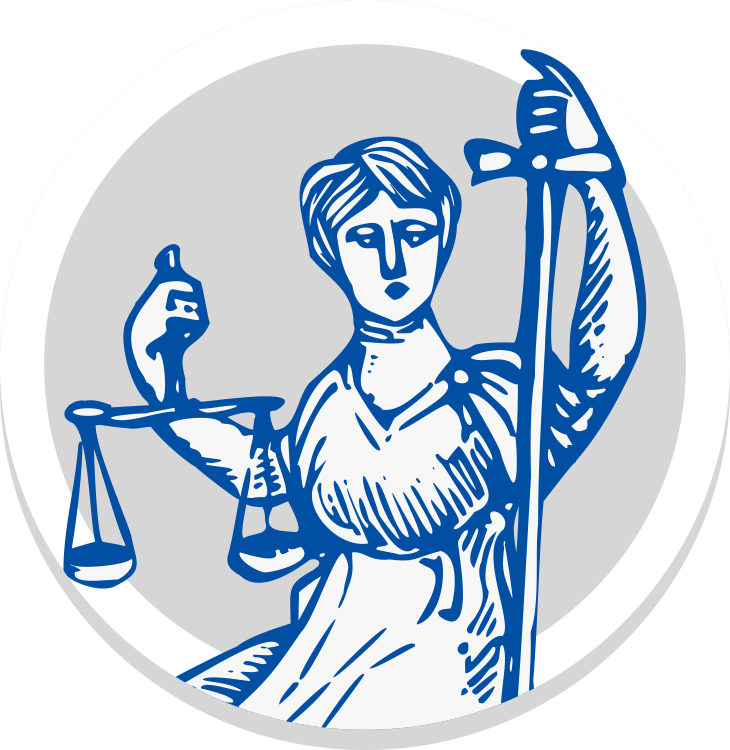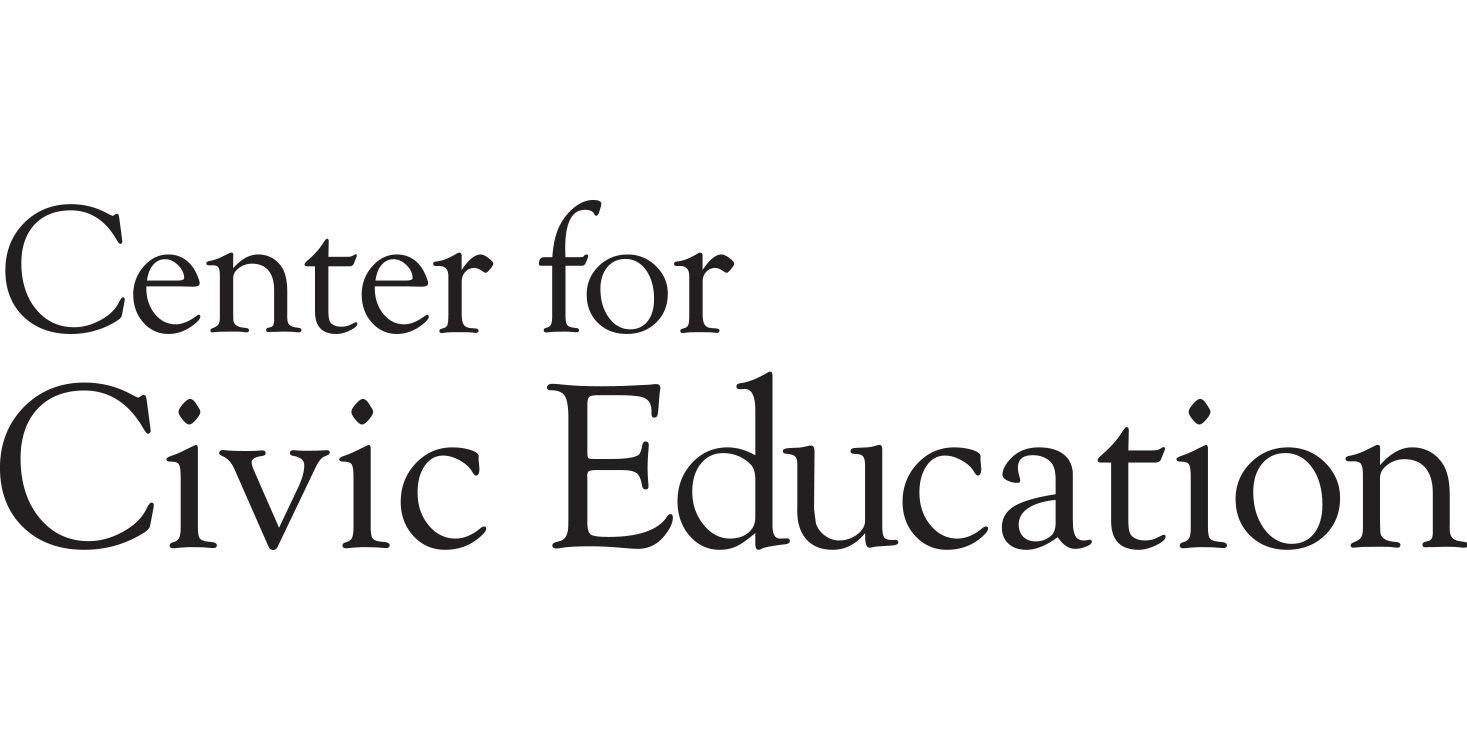News from the Center for Civic Education
Catch Up on Recent Supreme Court Decisions with a Free Webinar, Two New Constitution Day Lesson Plans, the Center and iCivics Present a Webinar on Voting Rights and Representation, and More in This Month's Newsletter.
Scholars Examine Recent Supreme Court Cases in Free Constitution Day Webinar
The first webinar in the Center for Civic Education's Power to the People series will launch on Constitution Day, September 17, at 7:30 p.m. Eastern. "The Power of People and the Courts" will feature a discussion by U.S. District Judge Mae Avila D'Agostino and Center for Civic Education President Christopher R. Riano of recent U.S. Supreme Court Cases, including Bostock v. Clayton County, McGirt v. Oklahoma, Trump v. Mazars, Trump v. Vance, and more.
Teachers seeking an in-depth knowledge of recent nationally significant Supreme Court cases are welcome to attend, as is anyone with an interest in the U.S. judiciary, politics, and government. The Power to the People webinars are offered for free thanks to the generosity of our sponsors: Kansas State University and the Indiana Bar Foundation, and the Johnson County First Amendment Foundation.
Register.

Two New Lesson Plans Add Depth to Rich Constitution Day Collection
The 2020 Census and the Nineteenth Amendment are the topics of two timely new Constitution Day lesson plans written by Maria Gallo, the Center's director of professional development and special programs. "What Is the Census and Why Do We Use It?" will help students in middle and high school understand the historical importance of the Census and how it is used today. "Women and the Right to Vote" commemorates the one hundredth anniversary of the ratification of the Nineteenth Amendment. In the closing activity, students devise a campaign strategy for a member of Congress. Both lessons are offered for free and add additional depth to the Center's comprehensive K-12 lesson plans available on www.civiced.org/constitutionday.

iCivics and the Center for Civic Education to Host October 6 Webinar on Teaching Voting Rights and Representation
Several times in speeches, Martin Luther King Jr. repeated a quote by Theodore Parker: "The arc of the moral universe is long, but it bends towards justice." The struggle for voting rights has had a long and troubled history in the United States. In this free webinar from iCivics and the Center for Civic Education, to be held October 6, teachers will hear from Mike Fassold, an educator from Fishers Junior High School in Indiana, as he explains how he teaches the expansion of suffrage using the We the People middle school curriculum on voting rights. Fassold will be followed by scholar Henry Chambers, the Austin E. Owen Research Scholar & Professor of Law at the University of Richmond, who will discuss the 2020 Census, apportionment, and gerrymandering. Finally, Emma Humphries from iCivics will explore compelling new infographics and Web activities on the census, gerrymandering, and voting that will engage your students in these topics. The webinar will be held on October 6 at 7:30 p.m. Eastern. It is designed especially for teachers of upper elementary, middle, and high school students, but is open to everyone. A recording will be made available afterward.

Christopher Riano Featured in New Video Series from the Federal Courts of the Second Circuit
As part of the Justice for All: Courts and the Community civic education initiative of the Federal Courts of the Second Circuit, Center for Civic Education President Christopher R. Riano hosted a four-part video series on the history of the U.S. Constitution. Riano, who is also a lecturer in constitutional law and government at Columbia University, describes early problems with the Articles of Confederation, the Constitutional Convention of 1787, the ratification process, and the first constitutional amendments.

Next Up in the Power to the People Webinar Series: Tribal Sovereignty, the Nineteenth Amendment, Flags and Monuments, and More
Don't forget to register for all the webinars in our Power to the People series! After our opening Constitution Day webinar on recent Supreme Court cases, the Center will be offering six more webinars in the series: "The Power of Indian Sovereignty" with David Wilkins, "The Power of Movements" with Lisa Tetrault, "The Power of Symbols" with Brandon Hasbrouck, "The Power of the Criminal Justice System" with Hernandez Stroud, "The Power of Free Speech" with David Hudson, and "The Power of Voting" with Michael Li, which will take place right before the election. You can register for each of them from our Power to the People webpage. The Center thanks our generous sponsors for making Power to the People possible: Kansas State University, the Indiana Bar Foundation, and the Johnson County First Amendment Foundation.

Two Introductory Webinars for Teachers New to We the People
Maria Gallo and Robert Leming will be offering two free webinars for teachers who are new to teaching We the People: The Citizen & the Constitution. The first webinar, for high school teachers, will be held on Tuesday, September 22, at 7:30 p.m. Eastern. The second webinar, for middle school teachers, will be held the next day, Wednesday, September 23, also at 7:30 p.m. Eastern. Both webinars will feature an overview of the We the People curriculum and an explanation of the simulated congressional hearing, which can be conducted in person or using videoconferencing software. For the high school webinar, Mark Gage will also explain the We the People Resource Center. Recordings of both webinars will be available afterwards, but participants should attend the live event to participate in the Q&A.
Quick Quiz! Which of the following was NOT a compromise that was added to the Constitution to get the support of Southern states for ratification?
A. The national government would not end the slave trade before 1808.
B. Missouri would be admitted as a slave state and Maine would be admitted as a free state.
C. The three-fifths clause would be added to Article I.
D. The fugitive slave clause would be added, requiring that escaped slaves be returned to the slaveholder.
Read on to learn the answer!

Exploring the Use of Cell Phones in Civics Instruction
Dr. Diana Owen and Chelsea Sanchez of the Civic Education Research Lab at Georgetown University have completed an exploratory examination of the usage of cell phones in civics instruction throughout the country, which they presented at the American Political Science Association annual meeting on September 11, 2020. While their efficacy is still being debated, incorporating cell phones into the curriculum can help young people develop skills and dispositions essential for engaging responsibly and effectively in civic life. Cell phones can be used to facilitate fieldwork for project-based learning, as required in the Center's Project Citizen curriculum.

Evidence-based Lessons and Activities from Kids Voting USA
Constitution Day is just one day away. The presidential election is in just a few months. We are celebrating the 100th anniversary of women's right to vote all year. This is the time to teach our students about their constitutional right to vote. All the evidence-based lessons and activities you need for grades K-12 can be found on https://www.kidsvotingusa.org. Just register as an educator, confirm your registration through your email, and then login on the website. When you click on the Educator tab and follow the Resources link you will find over 100 lessons to choose from. Yours for free.

Evidence-based Lessons and Activities from Kids Voting USA
Why has the United States survived and thrived for nearly 250 years? How does our government work? How can we make it better? The answers to these questions begin with knowing our Constitution: what it says and what it means. What do students, teachers, and their fellow Americans know about this foundation of the American experiment? Click on this link between September 16 and October 2 to take the America 250 Constitution Week Quiz. Find out what you know and how you can learn more. Make it a fun part of your on-line classroom. Share it with your friends and family. Get your name to the top of the leaderboard.

In Memoriam: Stanley Legro
Center for Civic Education Board of Directors member Stanley Legro passed away on August 17. Legro was first in his class at the U.S. Naval Academy, graduating in 1959. He was then commissioned as an officer in the U.S. Marine Corps, serving from 1959 to 1963. After his service, Legro attended Harvard Law School. He was assistant administrator for the U.S. Environmental Protection Agency from 1975 to 1977, national secretary of the Harvard University Alumni Association from 1977 to 1980, counsel for Piper Rudnick from 2002 to 2005, and in private practice in San Diego and Washington. Legro was also adjunct professor at the University of San Diego Law School from 1968 to 1975 and was the adjunct fellow at the Center for Strategic and International Studies in Washington from 1989 to 1993. Legro was a valued member of the Center's Board of Directors, contributing many years of service to fulfilling the Center's mission of creating an enlightened and responsible citizenry devoted to democratic principles. We mourn his passing.
Quiz Answer!
B. Missouri would be admitted as a slave state and Maine would be admitted as a free state. (this was actually part of the Missouri Compromise of 1820, not the Constitution; see episode 4104)
For more quizzes and learning opportunities, check out the 60-Second Civics podcast and daily civics quiz!
This newsletter is a brief bulletin designed to keep you informed about some of the Center for Civic Education's news and events. Information presented includes news from around the country, news from other countries in the Center's Civitas International network, grant and award opportunities, and program updates and clarifications. If you have pertinent material that you would like to include in future newsletters, please contact This email address is being protected from spambots. You need JavaScript enabled to view it..







